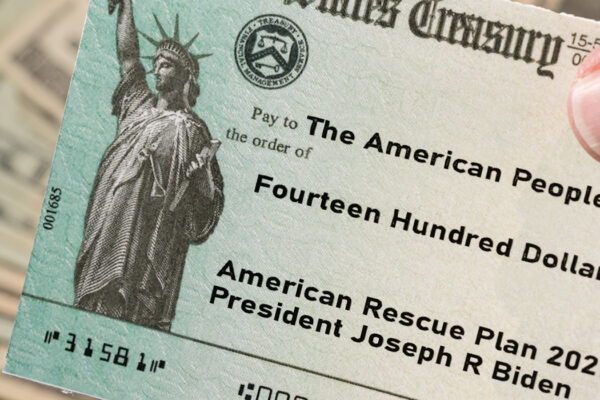Washington University in St. Louis political scientists Christopher Lucas, Jacob Montgomery, and Margit Tavits , all in Arts & Sciences, won a $571,000 grant from the National Science Foundation to study the rise of populist rhetoric on social media and its effects on democracies.

Responding to concerns over the rise of populism and its potential threat to global democratic stability, Tavits, Montgomery, and Lucas will produce a new massive dataset capturing the extent of populism in communications by political elites. By scraping social media data from tens of thousands of candidates and hundreds of parties across nearly 80 countries, the team aims to advance political scientists’ understanding of the spread and consequences of populism in democracies around the world.
That dataset will allow the team to answer questions like: How widespread is populism globally? Which types of candidates and parties are more likely to adopt it, and when? And, is populism contagious? Their ultimate goal is to understand how populism affects political competition — both in terms of voter behavior and party politics — and what are its consequences to democracy.
The project developed from seed funding provided by the Weidenbaum Center on the Economy, Government, and Public Policy, which supported initial data gathering by Taishi Muraoka, then a postdoctoral researcher.
Read more about the ongoing research in The Ampersand.


